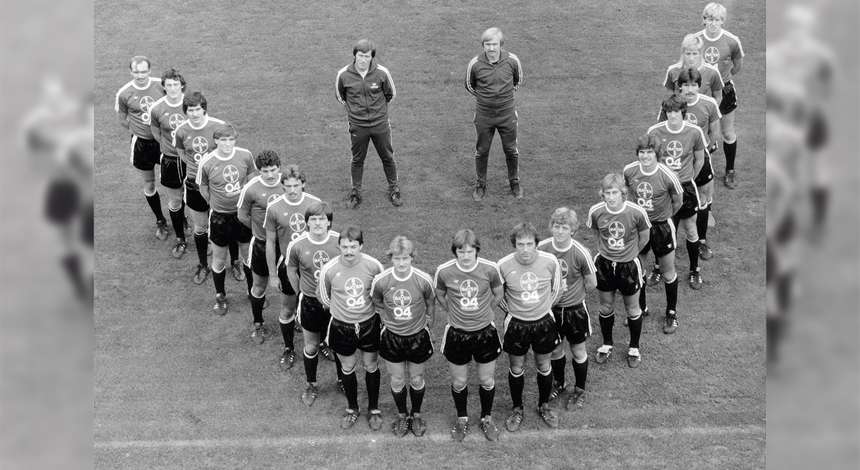
At a cost of around 15,000 Deutschmarks, and with the help of 50 Bayer AG employees, around 2,500 cubic metres of snow was cleared from the pitch between Friday and Saturday. On Saturday, before leaving for the training camp, the team completed a final training session and tried to adapt to the ground conditions with a wide variety of footwear. "It's fine, we're ready," said coach Willibert Kremer after the training game. But one night later, the pitch looked even worse. The game was postponed again due to the icy turf at the Ulrich Haberland Stadium. "The players' health comes first. Any other decision would have been irresponsible," head of football Hermann Büchel told the press.
As a result, the start to the footballing year was postponed by a week. The home game against Fortuna Köln was scheduled to take place on the evening of Friday, 12 January, under the floodlights, but this match also fell victim to the snow. In light of the huge amount of snow that fell on Leverkusen in January 1979, it was not only a futile exercise trying to get the pitch at the Ulrich-Haberland-Stadion in a playable condition, but everyone involved ended up having to give up on the adjacent pitches too. In order to create at least one training option for the Werkself, the plan was hatched to roll the snow flat, but the equipment got stuck in the deep snow. As a result, coach Willibert Kremer first trained with his protégés indoors, where one or two of them developed blisters. Moreover, the floor of a sports hall is not great for ligaments and joints, so the players and their coach decided to complete their training programme in the deep snow on the training pitch. That turned out to be less than perfect and the sessions weren't much fun either.
On Friday, 19 January, the Bayer 04 squad flew to Berlin, where they faced Tennis Borussia Berlin the next day. The sparse 1,300 crowd in the huge arena of the Berlin Olympic Stadium looked a little forlorn, but the training sessions at home in Leverkusen paid off, because the Berliners had not had their pitch cleared of snow. However, it was compacted, resulting in a game that left everything open to chance.
With just five minutes on the clock, Dieter Herzog sent a free-kick into the penalty area for Jürgen Gelsdorf to head home. However, the big defender capitalised on a mistake by the Berlin goalkeeper, who misjudged the cross, which went over his head. Shortly before the break, in the 37th minute, it was a similar situation: a free-kick for Bayer 04, and Dieter Herzog again lofted the ball into the penalty area where this time it was headed into the net by Hans-Jürgen Scheinert. Bayer 04 comfortably held on to this 2-0 half-time lead and consolidated their excellent overall position with these two points.
The following week, coach Willibert Kremer agreed a two-year extension to his contract. Apart from a few minor details, such as outstanding contract extensions for his players and possible new signings in the event of the club being promoted to the Bundesliga, Bayer 04 and its successful coach were able to reach an agreement.
The Werkself were due to play their last game of January at Hannover. However, there was also heavy snowfall in northern Germany, meaning that this game also had to be postponed.
Instead, the German football magazine "Kicker" dropped a medium-sized bombshell in Leverkusen by listing the players who Bayer 04 hoped would help them to stay in the Bundesliga should they be promoted. Names such as Dietmar Demuth from FC St. Pauli, Frank Mill and Siggi Böninghausen from Rot-Weiss Essen and Friedhelm Funkel from promotion rivals Bayer 05 Uerdingen were mentioned. Coach Willibert Kremer was anything but pleased about this announcement of possible reinforcements. The best-kept secret for various reasons was now no longer a secret thanks to one member of staff's indiscretion. And when head of football Hermann Büchel had a nervous breakdown at the board meeting and went on sick leave, everyone at the club realised who had passed on the secret. As the relationship between president Dr Jürgen Schwericke and Büchel was not the best anyway, everyone associated with the club expected there to be consequences. But they did not (yet) materialise.
Related News
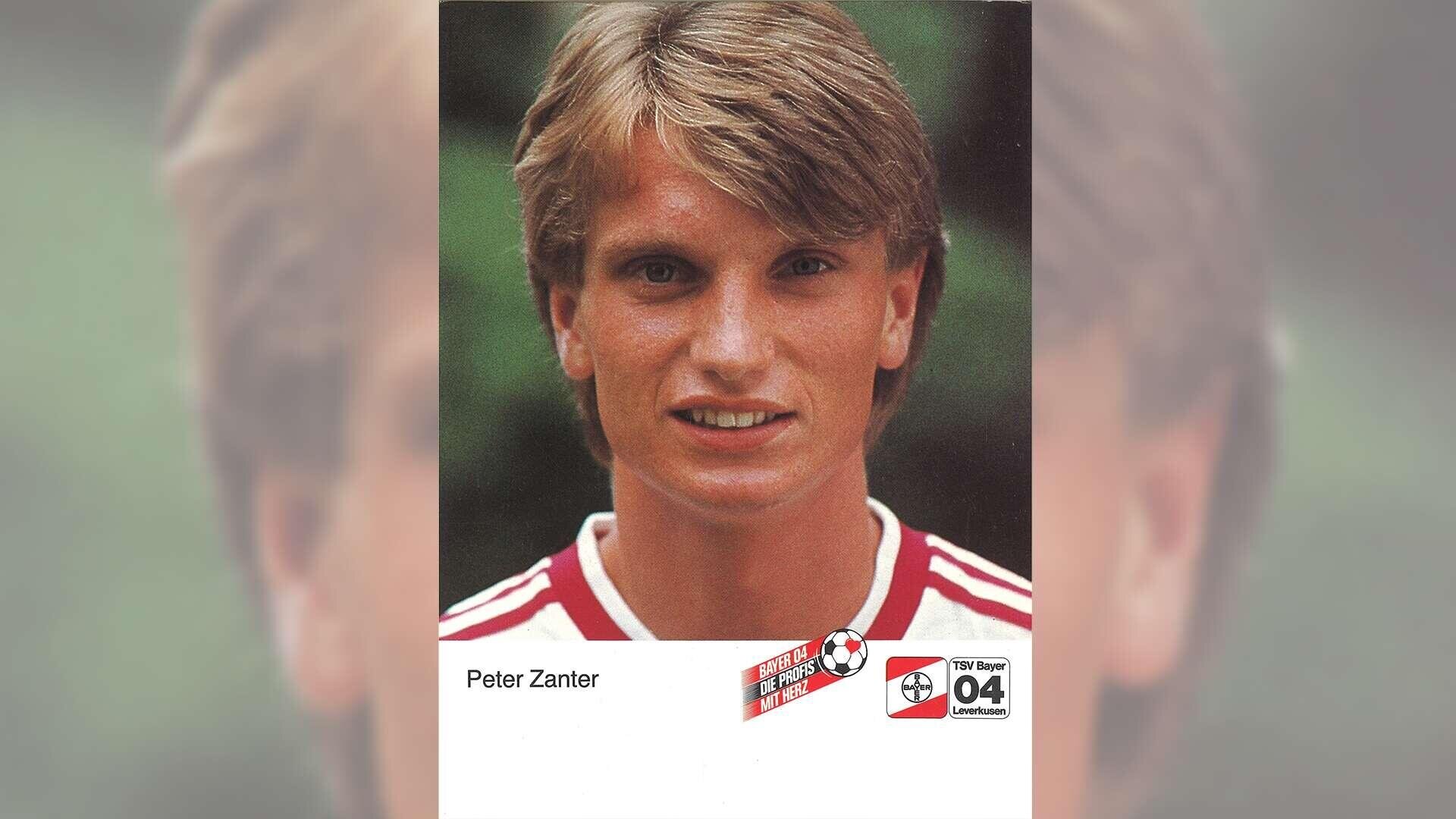
Birthday boy of the month 1: Peter Zanter turns 60
Peter Zanter was born on 11 November 1965 in Wermelskirchen in the Rhineland. His passion for football was evident from an early age: As a child, he played enthusiastically for the youth teams at SV Dabringhausen and SV Wermelskirchen. His ability and discipline did not go undetected for long - and he joined the youth section at Bayer 04 at a young age.
Show more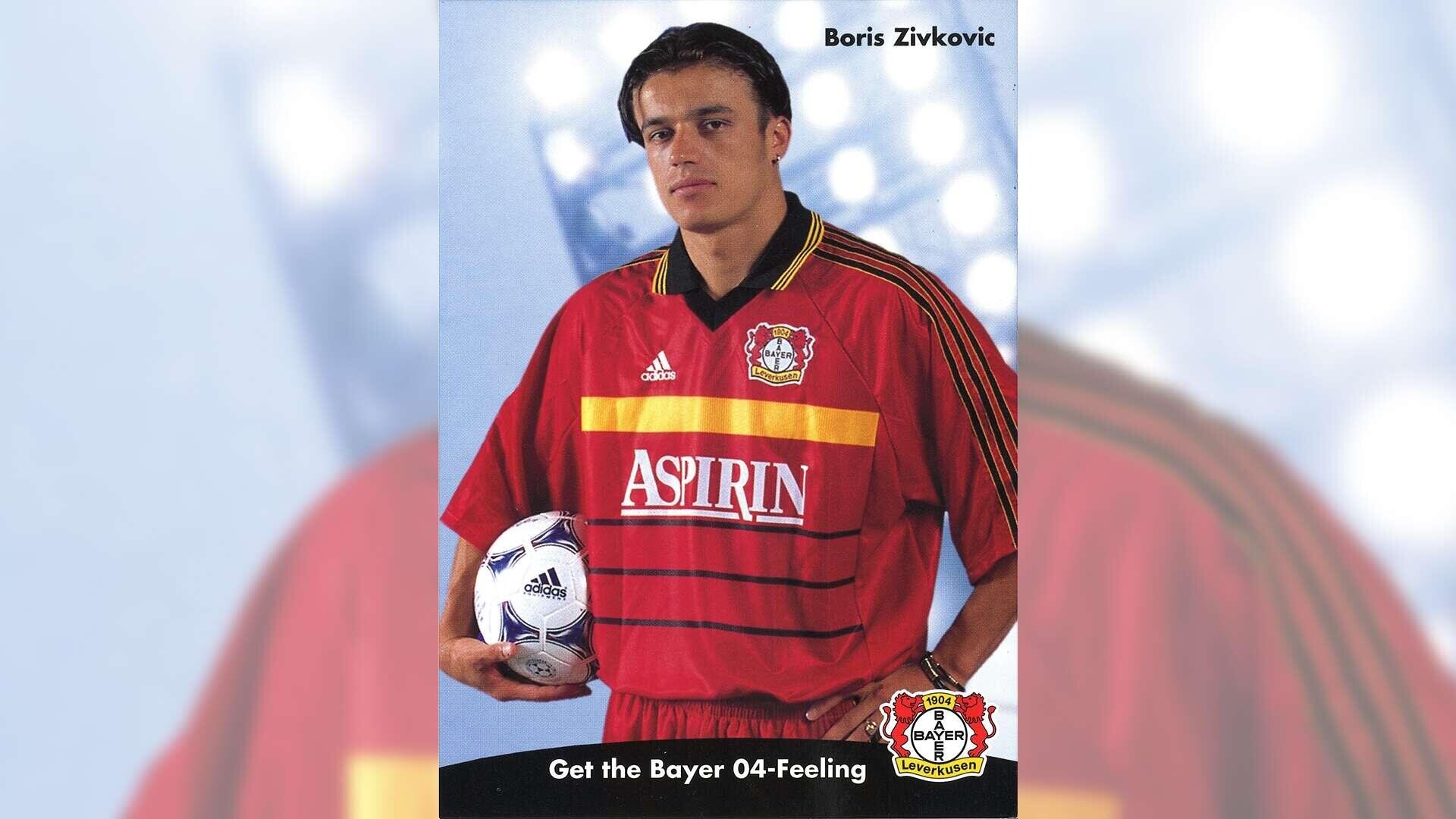
Birthday boy of the month 2: Boris Zivkovic turns 50
Boris Zivkovic was born on 15 November 1975 in the Bosnian town of Zivinice, which is now part of Bosnia and Herzegovina. He played for FK Sarajevo at a young age. However, his youth was characterised by the turmoil of the wars in the former Yugoslavia. At the age of just 17, he was also called up and took part in the fighting - a fate shared by many young men of his generation.
Show more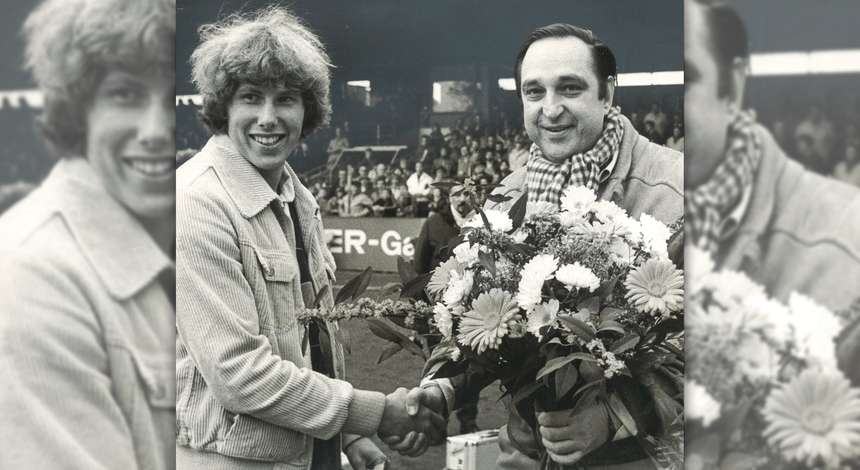
Legends: Under the Cross for 44 years
For once, this is going to be about me. About my path into football, my years as a goalkeeper at Bayer 04 and my ‘career after my career’ at this great club. So, come with me on a little journey through time...
Show more
Match of the month: 40 years ago - Bayer 04 hit the jackpot
It is 1 November 1985, a Friday evening, floodlights on. The leaders Werder Bremen with their coach Otto Rehhagel come to the Ulrich Haberland Stadium. 15,000 spectators want to watch this top match, as the Werkself, with their new coach Erich Ribbeck, are in fourth place in the table, just five points behind the leaders.
Show more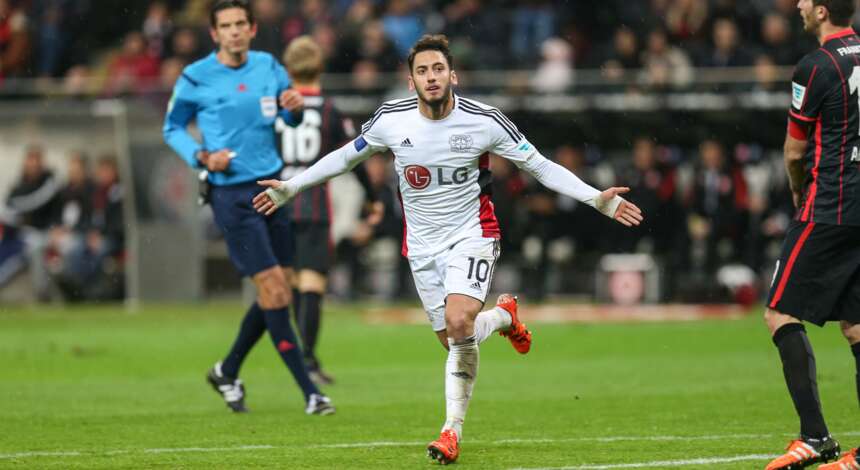
Goals of the month: From Demuth to Calhanoglu
In the video you can see impressive and important goals in Bayer 04 history from the month of November. It's not always about the beauty of the goals, but also a reminder of special games and players.
Show more